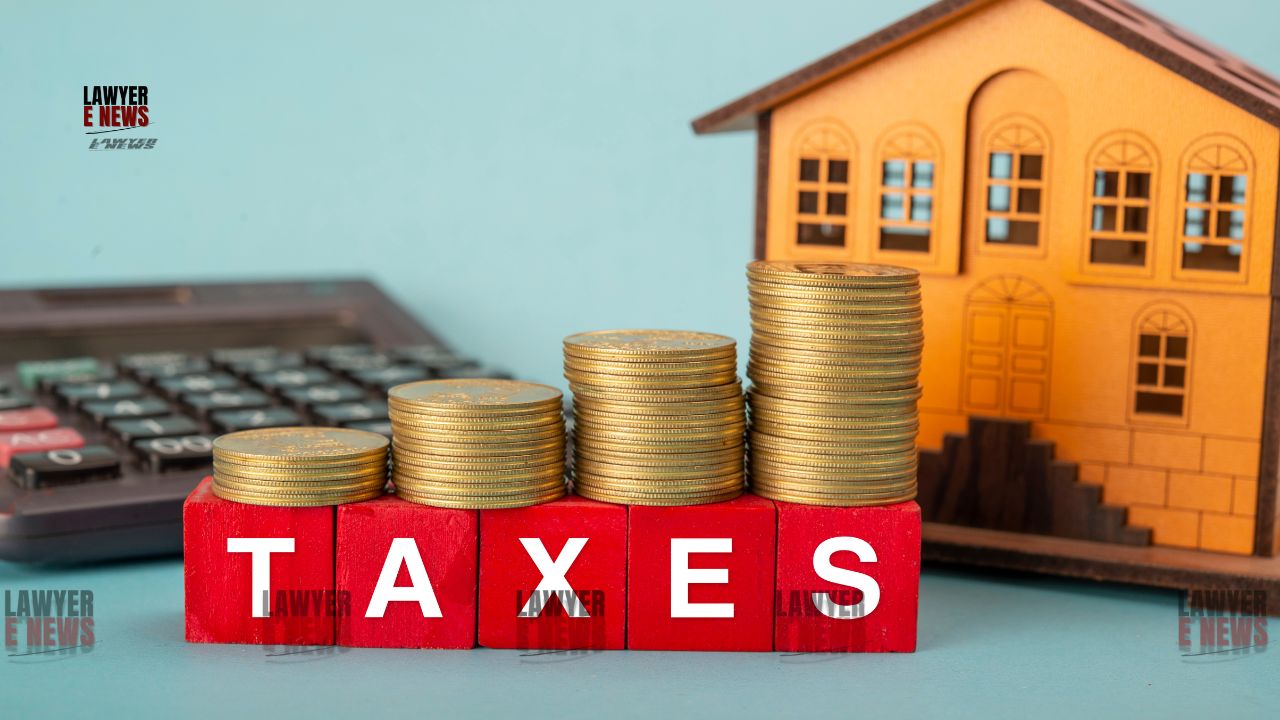-
by sayum
14 February 2026 2:22 PM



The Supreme Court, on August 9, 2024, upheld a Gujarat High Court order directing the Rajkot Municipal Corporation to refund a portion of the property tax paid by Avenue Supermarts Limited, the subsequent owner of a disputed property. The Apex Court ruled that the new owner could not be held liable for tax arrears accumulated before acquiring the property, affirming the High Court's interpretation of relevant provisions under the Gujarat Provincial Municipal Corporation (GPMC) Act, 1949.
The case centered around a property in Rajkot, initially owned by M/s Platinum Associates and later sold to Avenue Supermarts Limited on September 3, 2015. The Rajkot Municipal Corporation had issued a demand notice to Avenue Supermarts, not only for property tax due after the acquisition but also for arrears amounting to ₹2.97 crores accumulated by the previous owners. Following the non-payment of these dues, the Corporation sealed the property. Avenue Supermarts challenged this action in the Gujarat High Court, which ruled in their favor, directing the Corporation to refund the excess tax collected.
The Supreme Court upheld the High Court's view that Avenue Supermarts, as the subsequent owner, was not liable for the arrears accrued before September 3, 2015. The court emphasized that, according to Sections 139 and 140 of the GPMC Act, 1949, the primary liability for property tax lies with the owner or occupier at the time the tax becomes due. The liability does not transfer to the new owner for periods before the transfer of ownership unless explicitly agreed upon.
The Supreme Court noted that the Rajkot Municipal Corporation had already complied with the High Court’s directive by refunding the excess amount, retaining only ₹14.85 lakhs for the relevant period after Avenue Supermarts acquired the property. The bench observed that the refund was justified considering the unique facts and circumstances of the case, including the ongoing litigation concerning the property tax arrears for previous years, which had been challenged by the earlier occupier, Reliance Communications Limited.
The Court's reasoning focused on the interpretation of Sections 139 and 140 of the GPMC Act, 1949. The justices clarified that the Act does allow the Corporation to recover dues from an occupier if the primary liable party fails to pay. However, this does not extend to arrears before the new owner acquired the property unless the new owner explicitly assumes such liability. The Court further underscored that forcing the new owner to pay these dues would result in double recovery for the Corporation, given the ongoing litigation concerning the arrears.
Justice Augustine George Masih, delivering the judgment, remarked, "The High Court’s decision to order a refund was not only legally sound but also equitable, preventing an unjust enrichment by the Corporation at the expense of the new owner."
The Supreme Court's ruling is significant as it reaffirms the principle that property tax liabilities do not automatically transfer to new owners for periods prior to the transfer of ownership. This judgment sets a precedent that could influence future cases involving property tax disputes, providing clarity on the extent of liability for subsequent owners in similar situations.
Date of Decision: August 9, 2024
Rajkot Municipal Corporation v. State of Gujarat & Ors.
